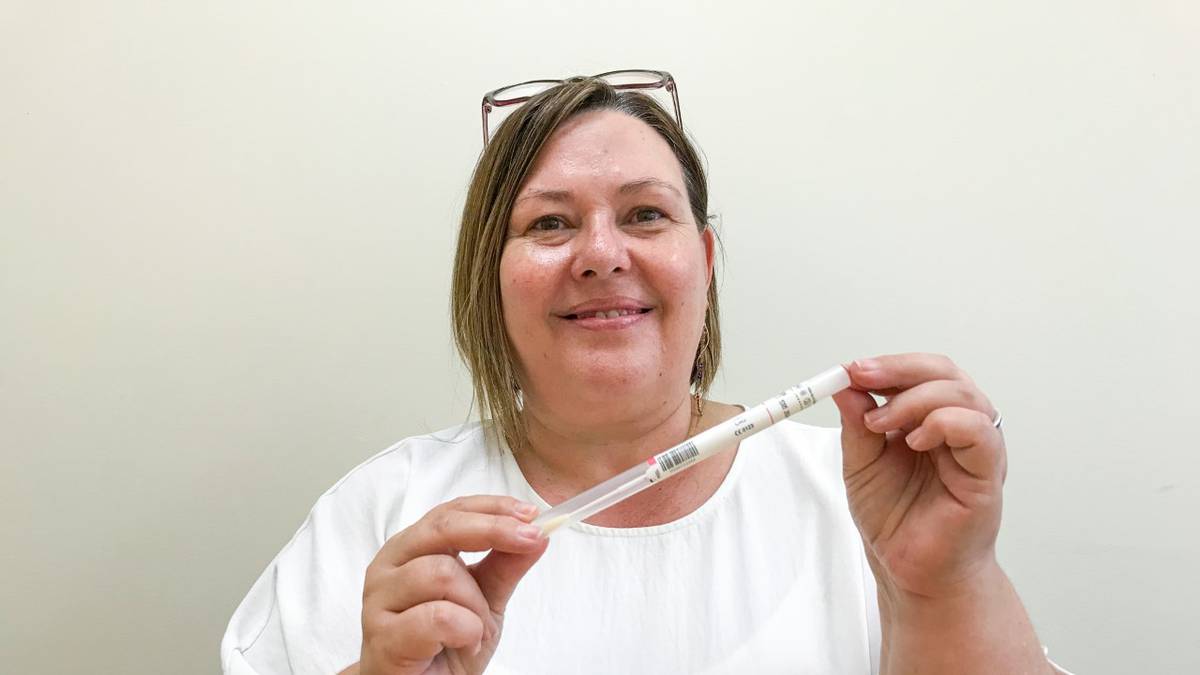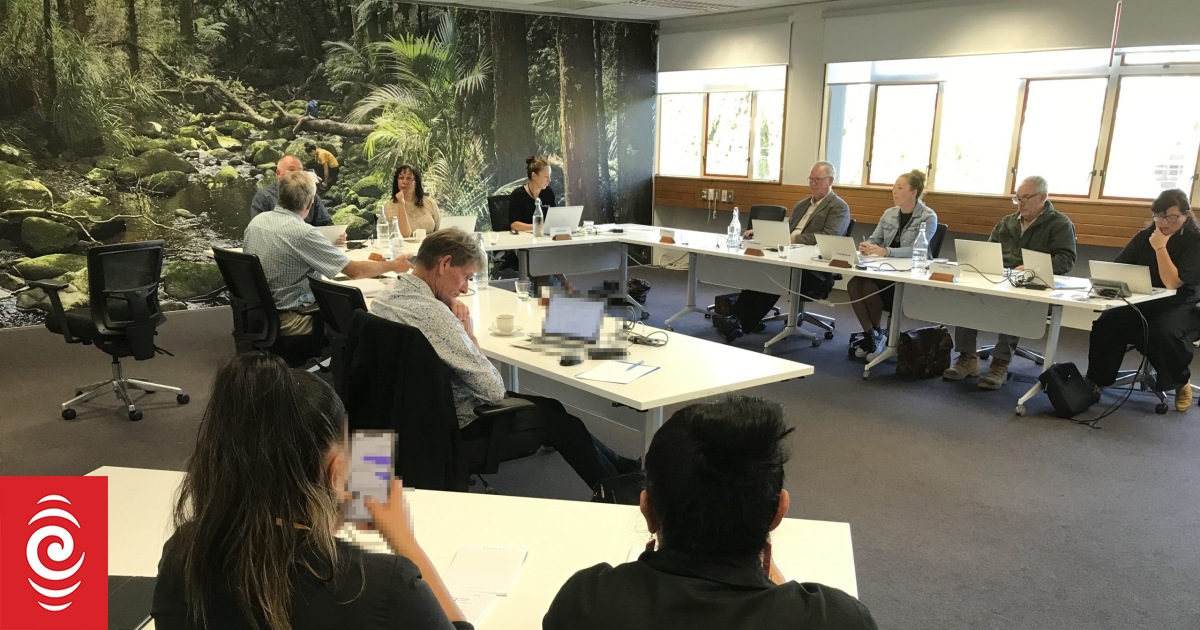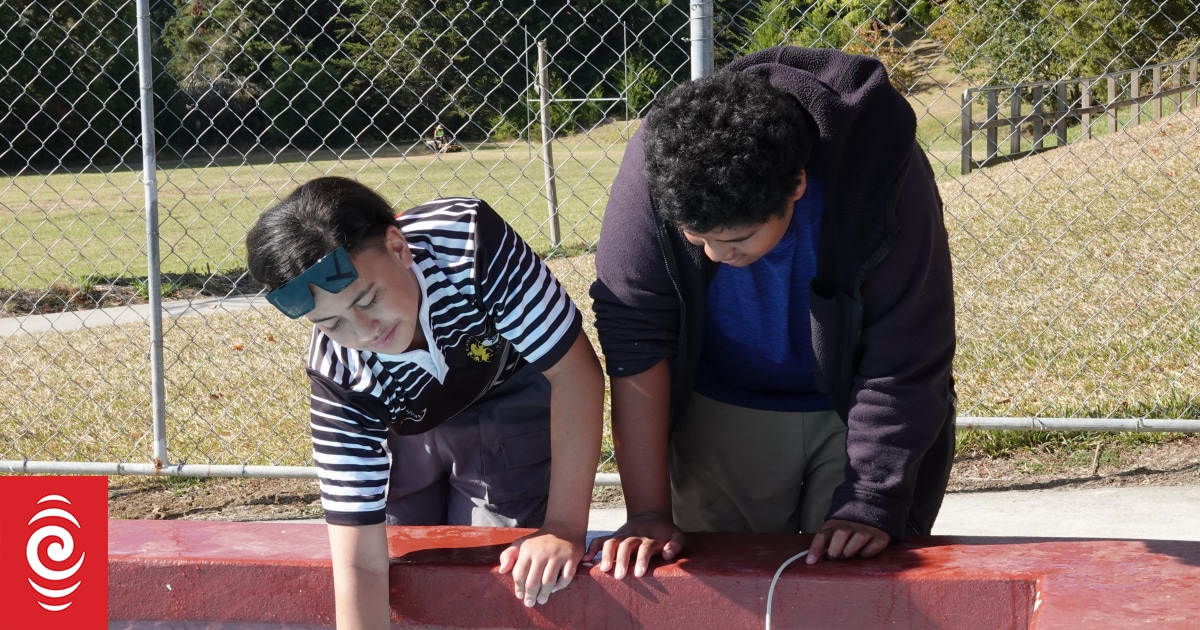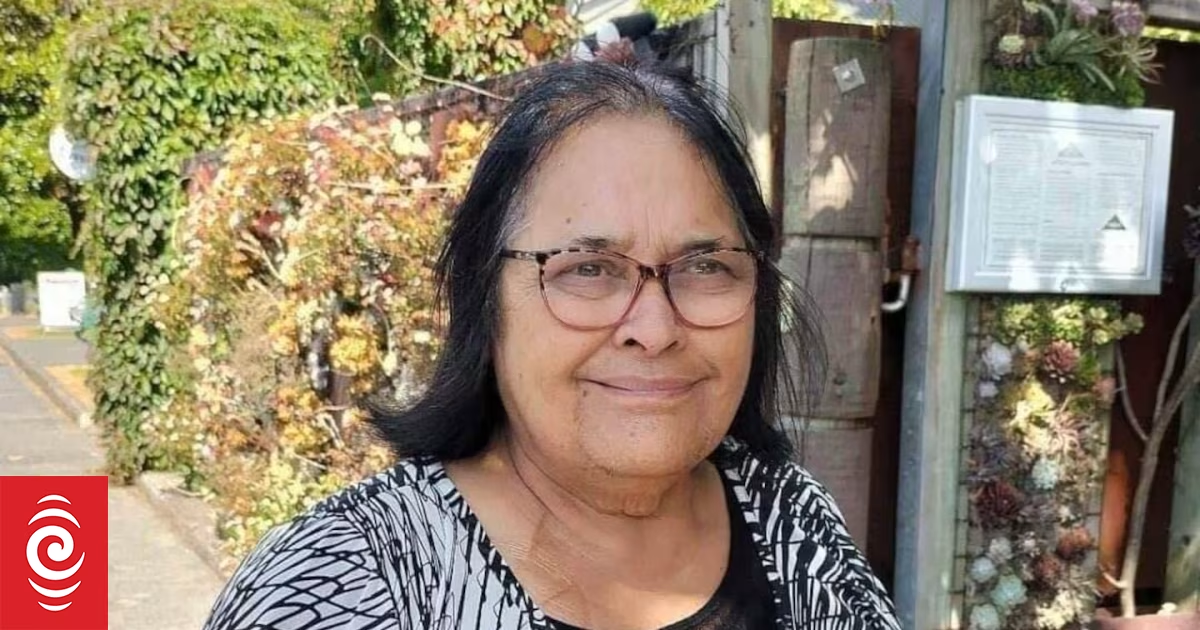General practice services leader at Mahitahi Hauora, Mary-Ann Clueard.
A new self-screening test has given wāhine across Northland the ability to self-test for human papillomavirus (HPV), which can cause cervical cancer, and its success means it will roll out across the country next year.
The self-test is part of a two-year research study that has been led by the Victoria University of Wellington in a bid to uncover the challenges associated with its implementation.
While a small number of Northland practices are currently participating in the study, the scheme is expected to roll out nationwide next year.
Advertisement
The initiative aims to reach rural areas and at-risk wāhine in Northland. So far, more than 1234 women aged between 25 and 69 have participated in the study.
“Empowering” and “mana-enhancing” is how the initiative has been described by those at the forefront.
Mahitahi Hauora general practice services leader, Mary-Ann Clueard, said Northland has a very rural population that lives in “very extracted areas […] where they don’t normally have that much connection with any care at all”.
“Cervical screening has always been an area that has been mostly impacted by a barrier to access, cost – and also, when you think about the actual test yourself, it’s just not okay. It’s not acceptable for a lot of women.”
Advertisement
The new test is much simpler, administered through a vaginal swab that the participant may take themselves, or have done by a clinician if preferred.
“What I’m really hoping to see is our screening rates go up,” said Clueard. “If we can get our cervical screening rates up and improved, then we’re actually improving screening as a whole.”
She said the “gold standard” would be to see no cervical cancer in Tai Tokerau, and eventually nationally.
Director of the National Centre for Women’s Health Research Aotearoa, Professor Beverley Lawton, said that will only occur if people utilise the two pillars that have the ability to eliminate cervical cancer: the HPV vaccine and screening.
“Cervical cancer affects 150 women a year in New Zealand. Over 50 women will die, disproportionately Māori,” she explained.
Advertisement
“The good thing about cervical screening is we want to find the change that leads to cancer.”
/cloudfront-ap-southeast-2.images.arcpublishing.com/nzme/IICLU5ZPPRCS5HFESE3LKKW3DA.jpg)
She said the new swabs are a preventative measure, which is “more effective”, and wants to see as many wāhine as possible participating in what she called a “mana-enhancing” initiative.
Lawton called the scheme an “equity tool” which will enable women who carry the HPV virus to access care straight away, and praised Mahitahi Hauora for their work alongside her.
“Mahitahi is contributing to the knowledge base – they’ve all come together on the kaupapa,” she said.




